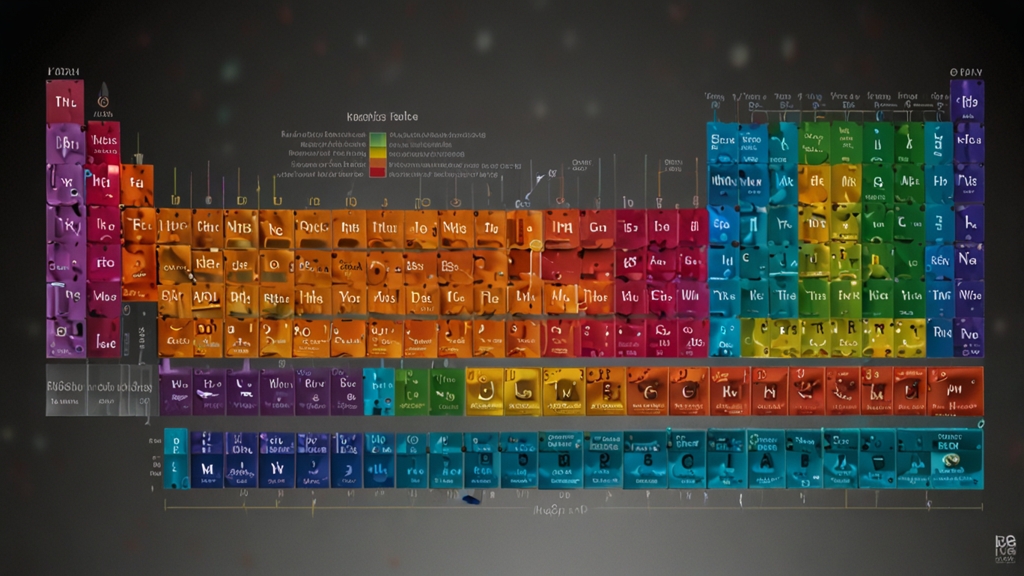The Silent Extinction: Why You Should Care About Endangered Species
The term "silent extinction" might not frequently appear in every day conversations, yet it represents one of the most profound crises of our time. Species across the globe are vanishing at an alarming rate, and their disappearance carries more weight than most people realize. Protecting endangered species is essential not just for the sake of biodiversity but for the health of our planet and future generations.
The Underestimated Importance of Biodiversity
Biodiversity encompasses the variety of life on Earth, from the smallest microorganisms to the largest mammals. This diversity is crucial for ecosystem stability and resilience. Each species, no matter how insignificant it may seem, plays a unique role in its ecosystem. When one species disappears, it can set off a chain reaction that destabilizes entire ecosystems. This is not just a theoretical risk; there are real-world examples highlighting these impacts.
"We should preserve every scrap of biodiversity as priceless while we learn to use it and come to understand what it means to humanity." - E.O. Wilson
Human Dependency on Biodiversity
Human survival is inextricably linked to the health of natural ecosystems. Various plant and animal species contribute to medical research and provide sources for new pharmaceuticals. The food industry relies heavily on a range of species for agriculture, fisheries, and pollination. Losing a species can mean losing a potential cure for diseases or a source of food security.
Notably, bees, which are currently under threat, play an indispensable role in the pollination of many crops. Without bees, the availability and diversity of fresh produce would decline substantially, impacting nutrition and food security globally. Endangered species are often indicators of the broader health of their ecosystems; their decline signals larger environmental issues that could eventually affect human populations.
Economic Implications of Species Extinction
The economic ramifications of losing species can be profound. Ecosystem services, such as water filtration, flood control, and climate regulation, are essential for human prosperity and are significantly supported by diverse biological populations. Deforestation and the extinction of forest-dwelling species reduce the ability of these ecosystems to sequester carbon dioxide, exacerbating climate change and resulting in economic costs associated with natural disasters and crop failures.
"The cost of inaction when it comes to species extinction is something humanity cannot afford. Preserving our natural world is not just an ethical duty but an economic necessity." - Jane Goodall
Ethical Responsibilities and Legacy
Beyond practical and economic considerations, there is also an ethical dimension to the issue of endangered species. As the dominant species on Earth, humans have a responsibility to protect other forms of life. This stewardship is part of our collective ethical duty to the planet.
Future generations have a right to inherit a world teeming with life and natural beauty. The extinction of species deprives them of this heritage and the chance to experience and benefit from the variety of life that current generations have enjoyed. It is an irreversible loss, one that would leave future human society impoverished both ecologically and culturally.
Actions We Can Take
There are numerous ways individuals and communities can contribute to the protection of endangered species. Supporting conservation organizations, advocating for strong environmental protection policies, and promoting sustainable practices are essential steps. Educating others about the importance of biodiversity can create a ripple effect, leading to broader community engagement and awareness.
On a more personal level, making environmentally conscious choices in daily life—such as reducing waste, using sustainable products, and supporting ethically responsible businesses—can collectively make a significant impact. Every small action contributes to a larger movement toward preserving the natural world.
"In the end, we will conserve only what we love; we will love only what we understand; and we will understand only what we are taught." - Baba Dioum
Conclusion
The silent extinction of species is a call to action for everyone. It is a reminder of the delicate balance that sustains life on Earth and the pivotal role that humans play in maintaining this equilibrium. Caring for endangered species is not merely about saving individual animals or plants; it is about preserving the intricate web of life that supports the entire planet, including ourselves. By taking action now, we can help prevent further loss and ensure that future generations inherit a world as rich and vibrant as it has always been.








